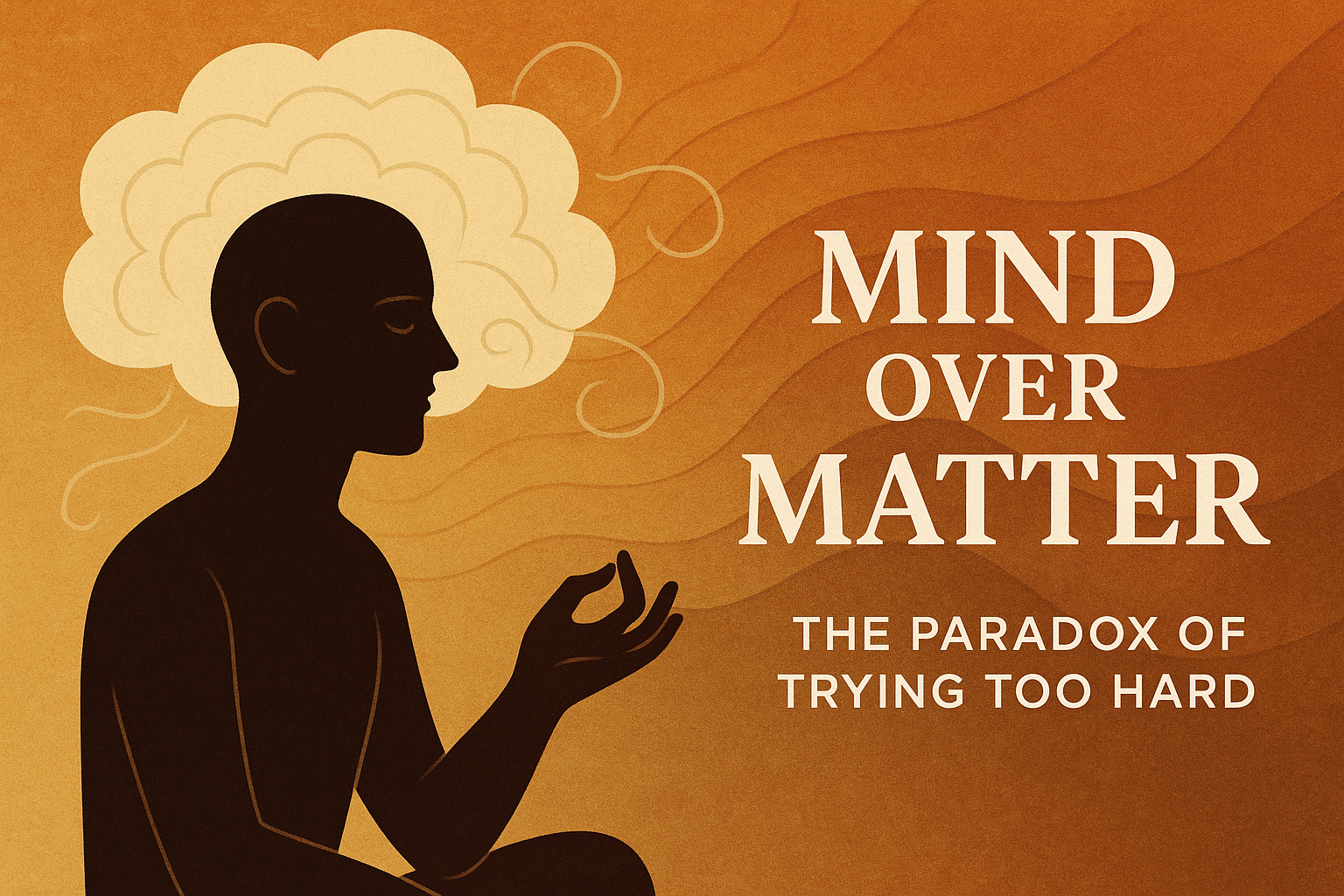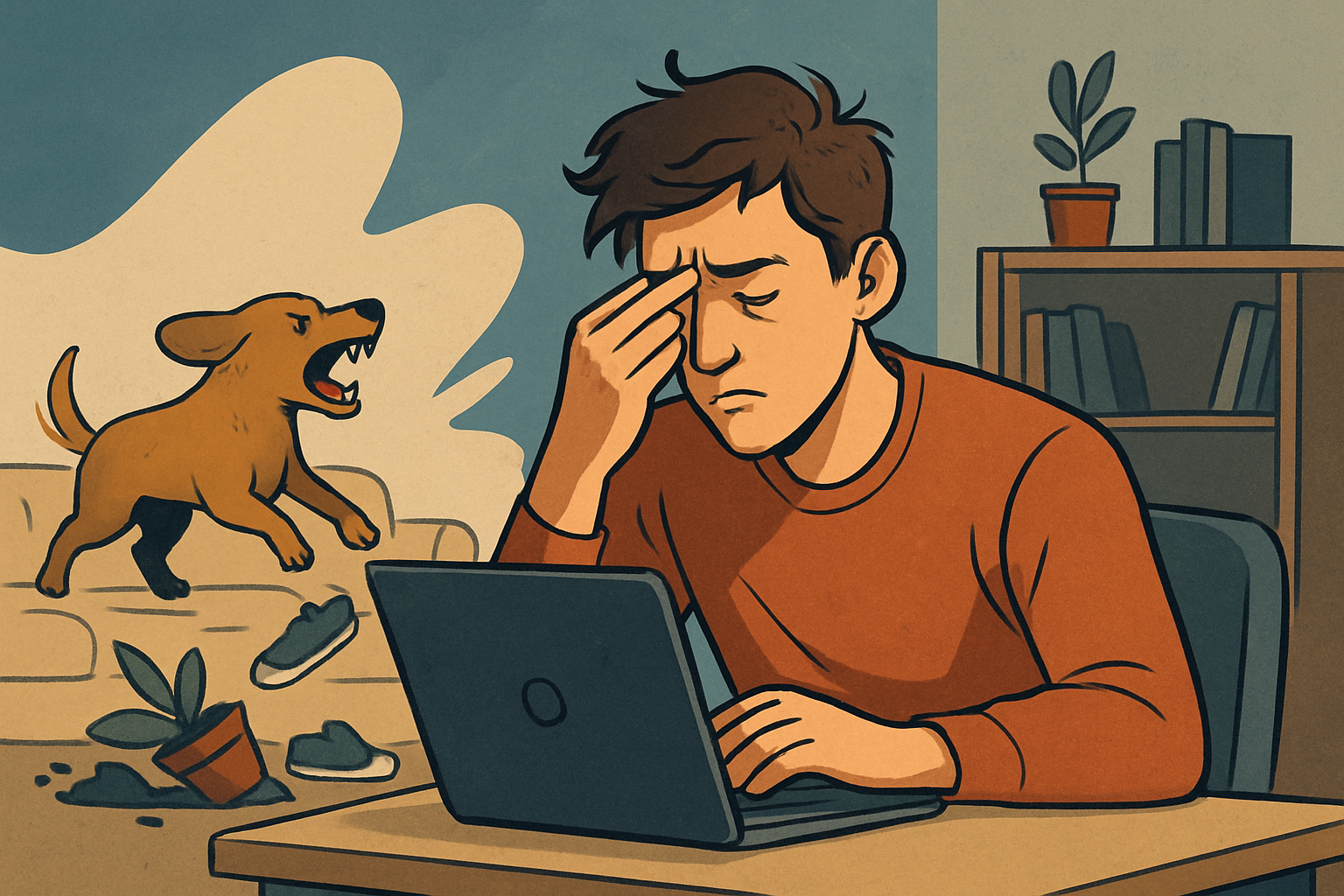The Cost of Constant Hustle
When Productivity Comes at the Expense of Well-Being

In a world that often glorifies productivity and the grind mentality, many of us find ourselves pushing forward—even when it costs us our health, happiness, and relationships. We live in an age where sacrificing our well-being is normalized, even rewarded, as a necessary step toward success. But what if this mentality is actually keeping us from the lives we truly want? What if the price of constant hustle is simply too high?
In this blog, we’ll explore why people push themselves beyond their limits, the impact of this relentless productivity, and how we can break free to embrace a healthier, more balanced approach to life.
Why We Sacrifice Well-Being for Productivity
- Self-Worth Tied to Achievement: For many, self-worth and productivity are tightly intertwined. Society often celebrates achievement, creating an illusion that the harder we work, the more valuable we are. When our sense of identity and self-esteem depend on what we accomplish, it’s easy to fall into a cycle where pushing harder feels like the only option. The result? We sacrifice rest and relaxation for the sake of “feeling enough.”
- Fear of Falling Behind: With the constant stream of curated success on social media, it’s common to feel like we’re not doing enough. This fear of falling behind pushes many of us to keep grinding, believing that taking a break or slowing down might mean missing opportunities. The result is a constant state of urgency, where resting feels almost irresponsible.
- Avoiding Introspection: Sometimes, the need to stay busy goes beyond ambition. For some, work is a way to avoid uncomfortable thoughts or emotions. Constantly working gives a sense of control and prevents personal issues or unresolved feelings from surfacing. In these cases, exhaustion from overworking can feel preferable to sitting alone with one’s thoughts.
- Cultural Glorification of Sacrifice: Stories of people who “sacrificed it all” for success are frequently celebrated. This cultural narrative implies that relentless dedication is the only path to achievement, creating a standard that can be both inspiring and damaging. The “all-or-nothing” mindset leaves little room for balance, leading many to believe that pushing through exhaustion is a badge of honor.
- External Pressures and Expectations: Many people sacrifice well-being because of external pressures—whether from family, workplaces, or financial obligations. In high-demand environments, burnout becomes normalized, making it feel like an unavoidable part of achieving success. When boundaries aren’t respected, and mental health isn’t prioritized, the grind mentality becomes more than a choice; it feels like a requirement.
The Consequences of the Grind Mentality
Relentless productivity often leads to burnout, characterized by chronic exhaustion, detachment, and decreased effectiveness. But the costs extend beyond burnout. When we push past our limits, we risk strained relationships, compromised mental health, and a diminished quality of life. Many find that, over time, they become disconnected from the very passions or goals that drove them in the first place. This sacrifice of well-being may lead to a sense of emptiness or loss of purpose—a high price for success.
Breaking Free from the Cycle: How to Embrace a Balanced Approach
If you find yourself caught in the grind mentality, here are some steps to help you prioritize well-being without sacrificing progress.
- Reframe Self-Worth: Detach your self-worth from your accomplishments and recognize that your value isn’t tied to productivity. This mental shift allows you to approach work from a place of genuine interest, rather than pressure. When you know that your worth is inherent, you give yourself the freedom to rest and recharge.
- Set Boundaries and Redefine Success: Define success on your own terms. Think about what truly matters to you, beyond achievements. Success doesn’t have to mean exhaustion or nonstop work; it can mean fulfillment, well-being, and growth. Setting boundaries that protect your personal time and mental health is essential for achieving a sustainable balance.
- Cultivate Self-Compassion: Give yourself permission to rest without guilt. Self-compassion means recognizing that you don’t need to “earn” rest. Just as your body needs sleep, your mind and spirit need time to recharge. By allowing yourself breaks, you’ll return to work with renewed energy and clarity.
- Prioritize Rest and Recovery as Essential Parts of Productivity: Rest isn’t the opposite of productivity—it’s part of it. Studies show that rest and recovery enhance creativity, problem-solving, and focus. When you approach rest as an essential component of productivity, you’re able to honor your own needs without feeling that you’re “wasting time.”
- Shift the Cultural Narrative: On a broader scale, breaking free from the grind mentality means embracing a cultural shift that values balance as much as hard work. This means supporting workplaces that prioritize mental health, encouraging leaders who model sustainable success, and normalizing rest as a vital part of life. Together, we can create a world where well-being isn’t sacrificed for the sake of productivity.
Embracing a New Definition of Success
Breaking free from the grind mentality requires courage to redefine what success means to you. It’s about embracing a life where productivity and rest are partners, not enemies. When you learn to prioritize well-being, you’ll find that success becomes more sustainable, meaningful, and fulfilling.
So, the next time you feel the pressure to keep pushing despite exhaustion, remember that your well-being is just as important as your work. Embrace a balanced approach, honor your need for rest, and give yourself permission to enjoy the journey—because true success is found not in relentless productivity, but in a life well-lived.
Share









